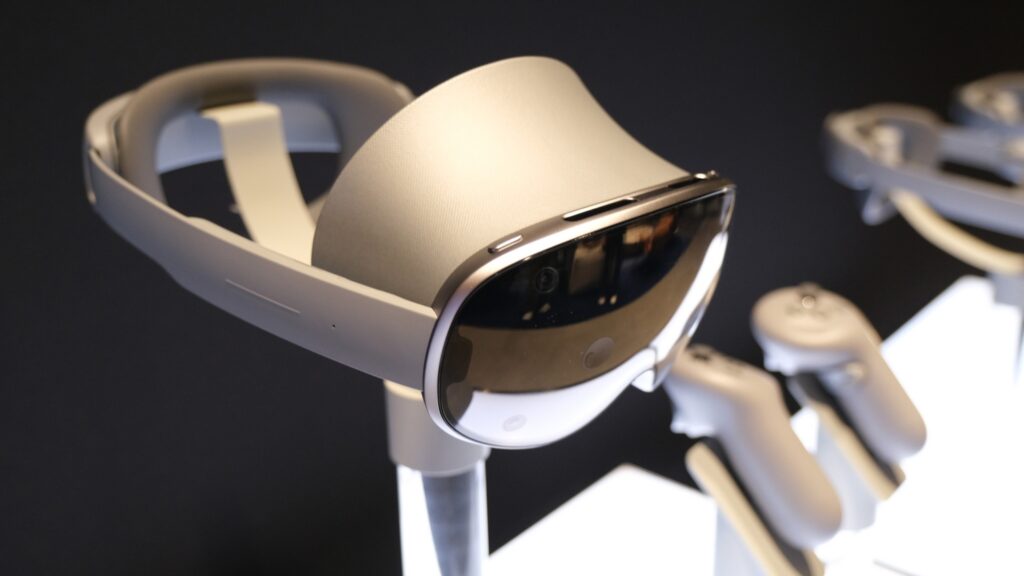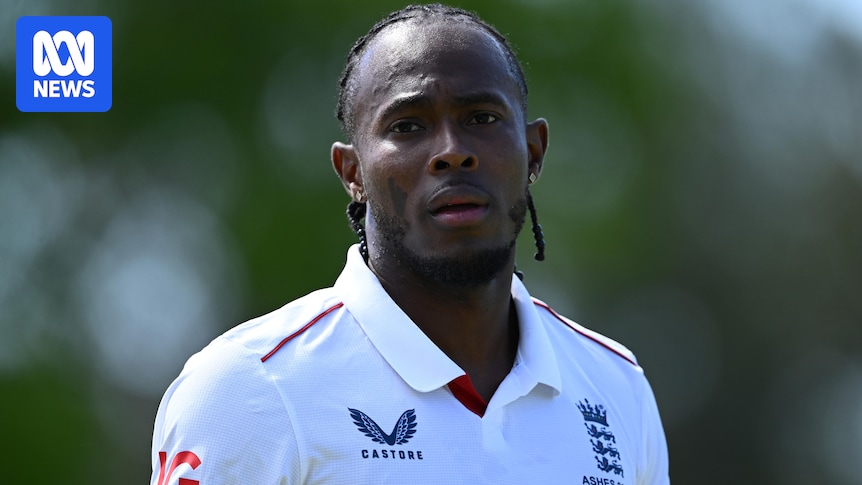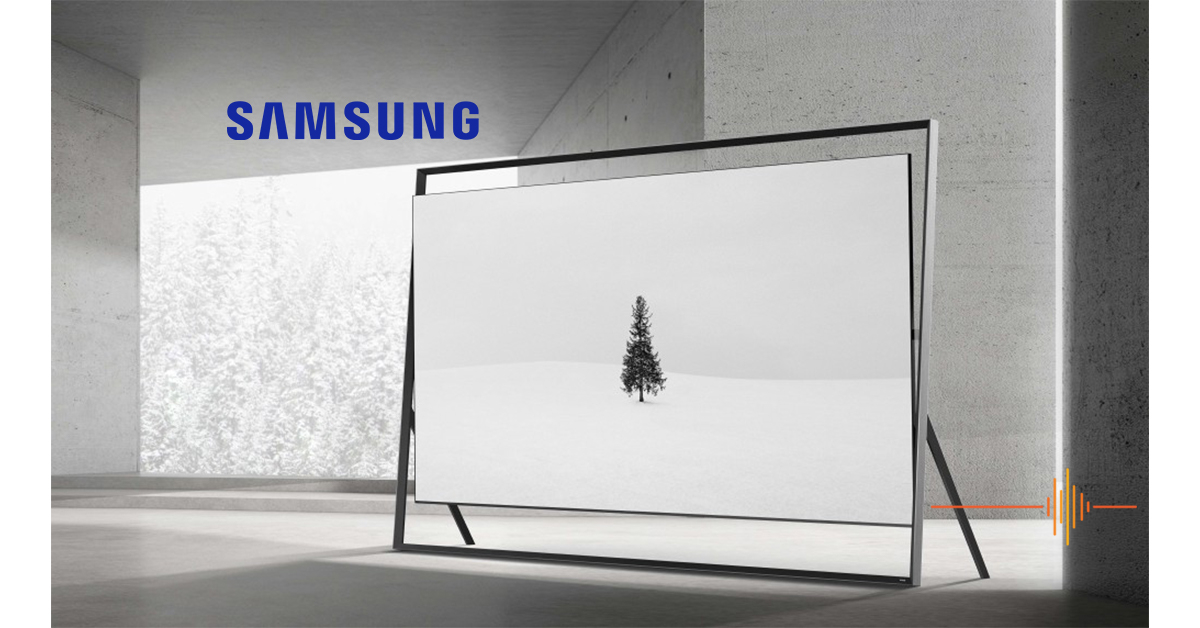
Samsung unveiled its AI-focused Galaxy XR headset on Wednesday, marking a significant entry into the extended reality market. The Korean technology giant revealed that its new device will retail for approximately half the price of Apple’s Vision Pro, a move that could reshape consumer expectations in the burgeoning XR space.
The Galaxy XR, currently available only in Korea and the United States, starts at $US1,799 ($2,800). In contrast, Apple’s Vision Pro is priced at $5,999 in Australia. This strategic pricing positions Samsung as a formidable competitor in the XR market, particularly for consumers seeking high-tech solutions at more accessible prices.
Technological Innovations and Collaborations
Previously teased under the codename Project Moohan, the Galaxy XR represents Samsung’s first foray into Google’s Android XR operating system. Developed in collaboration with Google and Qualcomm, the headset features deep integration with Google’s Gemini AI assistant. This AI assistant boasts more advanced capabilities than Apple’s Siri, whose major update has been delayed.
Gemini’s multimodal abilities enable it to see and hear user actions, enhancing the device’s responsiveness to queries and control over apps. Samsung highlighted the device’s 4K micro-OLED screens, which offer four million more pixels than the Vision Pro, although it has a lower refresh rate of 90Hz compared to Apple’s 120Hz.
“Samsung remains committed to providing innovative, cutting-edge Galaxy experiences globally and will continue to assess each market’s needs and trends across the globe,” the company stated.
Market Availability and Strategic Positioning
Despite its promising features, Samsung has not confirmed an Australian release for the Galaxy XR, leaving potential consumers in the region in anticipation. The company cited a range of factors influencing product availability, without elaborating further.
Apple’s Vision Pro, first announced in June 2023 and released in the US by February 2024, became available in Australia in July 2024. Despite mixed reports about a cheaper version, Apple continues to focus on competing in the smart glasses market, releasing an updated Vision Pro in early October with a more powerful processor and new headband.
Future Prospects and Industry Implications
The announcement of the Galaxy XR is just the beginning of Samsung’s ambitious plans in the XR and AI domains. The company hinted at an ecosystem of future devices, including AI-focused smart glasses, developed in collaboration with Google and Qualcomm. These plans include partnerships with eyewear brands like Warby Parker and Gentle Monster.
“We’re just getting started,” Google emphasized during the presentation, underscoring the long-term vision shared by the partnering companies.
As the XR market continues to evolve, Samsung’s competitive pricing and advanced AI integration could set new industry standards. The company’s strategic collaborations and focus on innovation suggest a dynamic future for extended reality technologies, with potential ripple effects across related tech sectors.
Consumers and industry watchers alike will be keenly observing how Samsung’s Galaxy XR and its future developments influence the XR landscape, potentially driving further advancements and competition in the field.







